Hotels and motels face unique pest challenges due to high foot traffic and guest turnover, necessitating tailored strategies. Regular inspections, proactive treatments, and Integrated Pest Management (IPM) are key to minimizing impact on customer satisfaction and brand reputation. Effective commercial pest control safeguards against infestations that can harm experiences, damage reputations, and reduce revenue. A multi-faceted approach including cleaning, sealing entry points, staff education, and IPM methods ensures a hygienic, comfortable environment. Selecting services requires strategic consideration of experience, eco-friendliness, and reputational track records. IPM programs offer sustainable solutions by reducing chemical reliance while promoting environmental consciousness. Regular inspections and comprehensive maintenance enhance long-term protection, compliance with regulations, and guest satisfaction in the hospitality industry.
In the world of hospitality, a guest’s experience is paramount. For hotels and motels, this means maintaining a pest-free environment to safeguard not only their reputation but also the health and comfort of their guests. Effective commercial pest control goes beyond reactive treatment, encompassing integrated strategies that prevent, monitor, and manage pests year-round. This article delves into the unique challenges of pest control in these settings, offering insights on identifying common pests, mitigating their impact, and adhering to legal requirements to ensure a seamless guest experience.
Understanding Pest Control Needs in Commercial Settings: Hotels and Motels
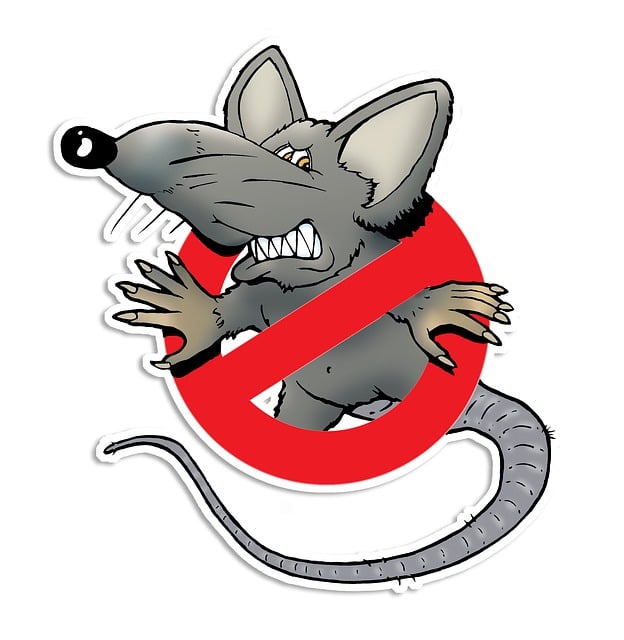
Pest control in commercial settings, such as hotels and motels, presents unique challenges compared to residential areas. With high foot traffic and frequent guest turnover, maintaining a pest-free environment is not just a matter of cleanliness but also a critical component of customer satisfaction and brand reputation. Commercial pest control goes beyond basic prevention; it involves understanding the specific pests prevalent in these environments and adopting strategies tailored to minimize their impact.
Hotels and motels are ideal breeding grounds for common pests like bed bugs, roaches, and termites. Bed bugs, in particular, can proliferate quickly in unmonitored areas, posing health risks and damaging guest experiences. Roaches, known for their resilience, can infiltrate kitchens and food storage areas, leading to unsanitary conditions and potential food contamination. Termite infestations can cause significant structural damage over time, making proactive measures essential. Effective commercial pest control requires regular inspections, targeted treatments, and the implementation of integrated pest management (IPM) practices to mitigate these risks.
Common Pests Found in Hotel and Motel Environments
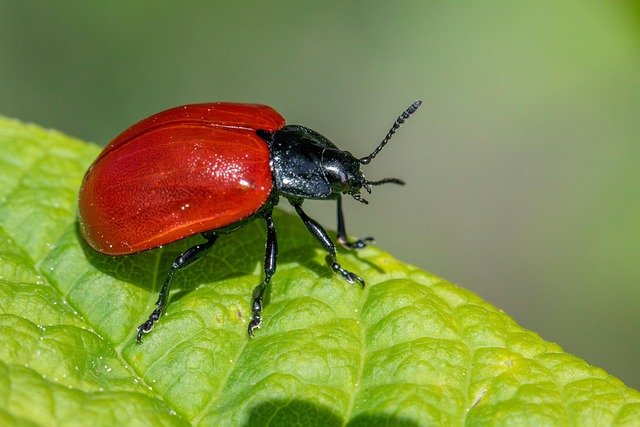
Hotels and motels, with their constant foot traffic and diverse environments, are fertile grounds for a variety of pests. Common intruders include bed bugs, known for their nocturnal feeding habits and ability to spread quickly through shared spaces; dust mites, which thrive in carpeted areas and bedding; and roaches, attracted by food residue and garbage disposals. Termites and rodents, such as mice and rats, are also frequent visitors, causing damage to structures and posing health risks with their droppings and urine.
Effective commercial pest control for hotels and motels requires a multi-faceted approach. Regular inspections by trained professionals are essential to identify and address infestations early. Implementing preventive measures like sealing entry points, maintaining clean environments, and proper waste management is crucial. Additionally, using integrated pest management (IPM) strategies, which combine chemical treatments with non-chemical methods, ensures a safe and sustainable environment for both guests and staff while maintaining the establishment’s reputation.
The Impact of Pests on Guest Experience and Reputation
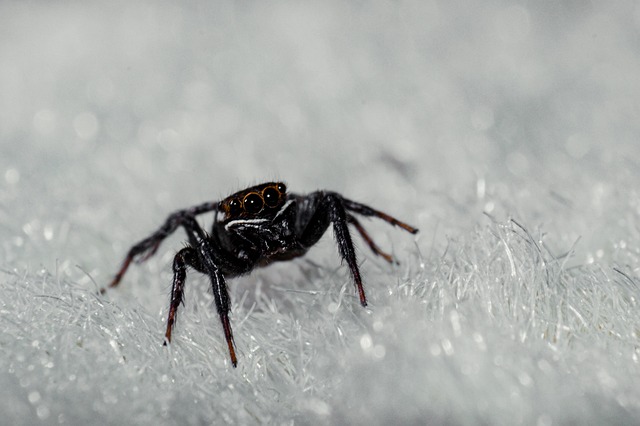
Pests can significantly impact guest experiences at hotels and motels, leading to poor reviews, damaged reputation, and reduced revenue. Infestations, whether it’s ants, roaches, or bed bugs, not only cause discomfort but also create an unsanitary environment. Guests often associate these issues with lazy management or inadequate hygiene standards, reflecting poorly on the establishment.
A single pest sighting can deter guests from returning, as word-of-mouth recommendations and online reviews play a pivotal role in the hospitality industry. Commercial pest control services are essential to maintaining a clean, safe, and comfortable stay for guests. Regular inspections and proactive treatment plans ensure that pests are kept at bay, enhancing the overall guest experience and safeguarding the hotel or motel’s hard-earned reputation.
Effective Pest Prevention Strategies for Accommodation Businesses

Implementing robust pest prevention strategies is paramount for hotels and motels to maintain a hygienic and comfortable environment for guests. Commercial pest control experts recommend a multi-faceted approach that combines regular inspections, proactive treatments, and educated staff practices. Regular sweeping, vacuuming, and trash removal are essential to eliminating food sources that attract pests like ants, cockroaches, and mice.
In addition, sealing entry points, such as gaps around doors and windows, can prevent insects and rodents from infiltrating the premises. Using integrated pest management (IPM) methods, which focus on minimizing chemical use while leveraging biological controls and cultural practices, is a sustainable approach to commercial pest control. Trained staff should be adept at identifying early signs of pest infestations, enabling prompt action that prevents the problem from escalating.
Choosing the Right Commercial Pest Control Services

Selecting the appropriate commercial pest control services is a strategic decision for hotel and motel owners, as it directly impacts guest satisfaction and the overall environment. Look for companies that specialize in the industry and have a proven track record of success in treating common pests like bed bugs, roaches, ants, and rodents, which can thrive in these environments.
Reputation, experience, and eco-friendly methods are key factors to consider. Hotels and motels should opt for service providers who employ safe, environmentally conscious practices, ensuring the well-being of both guests and staff while maintaining a pest-free space.
Implementing Integrated Pest Management (IPM) Programs
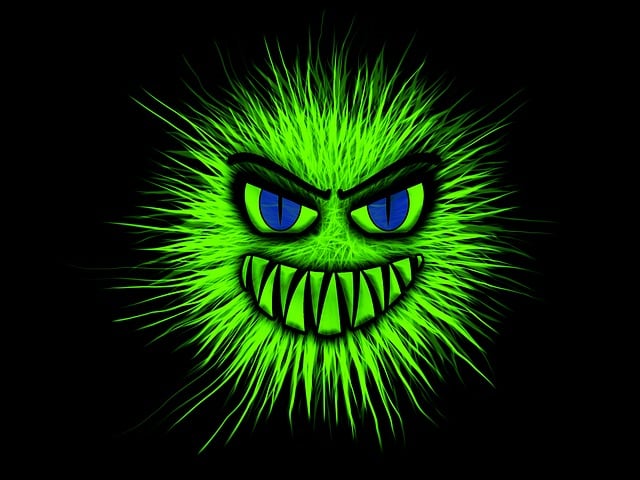
Implementing Integrated Pest Management (IPM) programs is a game-changer for commercial pest control in hotels and motels. This approach, which integrates various strategies to manage pests, offers a more sustainable and environmentally friendly solution compared to traditional methods. By adopting IPM, these establishments can effectively reduce the reliance on chemical pesticides, minimizing health risks to guests and staff while promoting a greener image.
IPM involves regular monitoring, identification of pest entry points, and the use of non-chemical methods such as traps, barriers, and biological controls. In hotels and motels, this could include sealing gaps around pipes and doors, using sticky traps in hard-to-reach areas, and introducing natural predators like ladybugs to control insect populations. This holistic approach not only addresses current pest issues but also prevents future infestations, making it an ideal strategy for maintaining a clean and pest-free environment in the hospitality industry.
Best Practices for Regular Pest Inspections and Maintenance
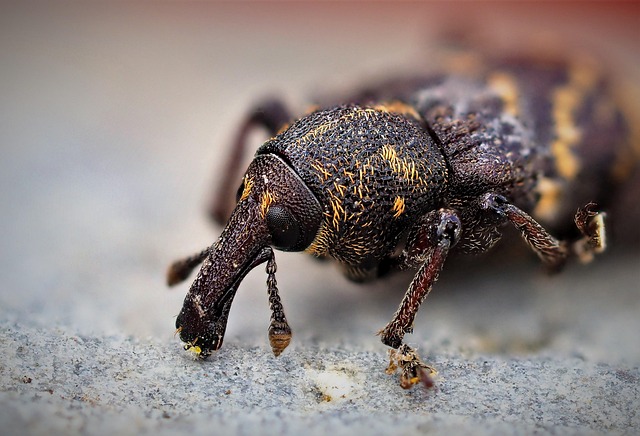
Regular pest inspections are a cornerstone of effective commercial pest control for hotels and motels. It’s crucial to schedule comprehensive assessments at least quarterly, covering every area from guest rooms and public spaces to utility rooms and outdoor premises. During these inspections, trained professionals can identify potential entry points, signs of infestation, and any existing pests, enabling timely intervention.
Implementing a robust maintenance program alongside regular inspections is equally vital. This involves sealing off obvious entry points, ensuring proper waste management, regularly cleaning and sanitizing, and fixing any plumbing or structural issues that might attract pests. By combining these best practices, hotels and motels can maintain a pest-free environment, enhancing guest comfort and satisfaction while also protecting their reputation and property value in the long run.
Staying Compliant: Legal and Health Regulations in Pest Control
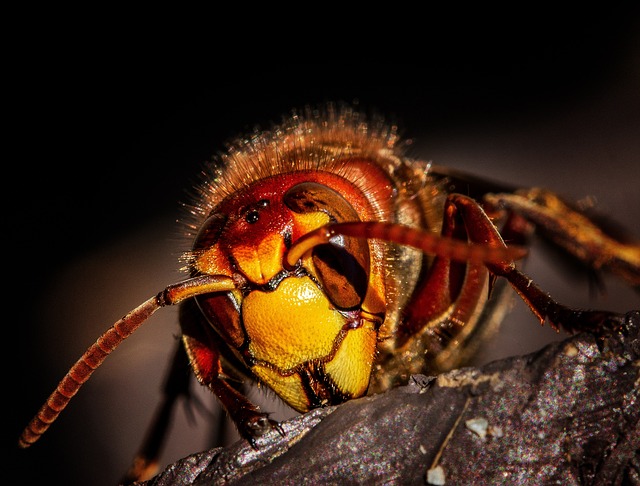
Staying compliant with legal and health regulations is paramount for any commercial pest control service, especially in high-traffic areas like hotels and motels. These establishments face unique challenges due to their constant occupancy, diverse food services, and strict hygiene standards. Professional pest control companies must stay updated on local, state, and federal guidelines to ensure they employ safe and effective methods.
Compliance involves adhering to regulations related to the use of pesticides, including proper licensing, application techniques, and storage. It also entails regular inspections to identify and mitigate potential hazards. By maintaining compliance, commercial pest control services not only protect guests’ health but also safeguard their reputation, ensuring a safe and enjoyable stay for all visitors.
